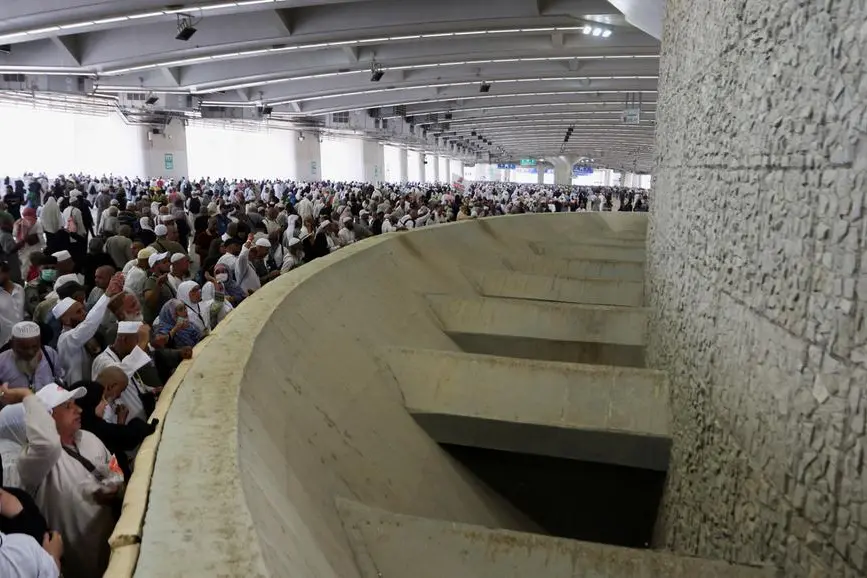PHOTO
The Municipality of Makkah is making all preparations for the 1445 Hajj season. A comprehensive plan has been meticulously crafted to ensure the well-being and comfort of millions of pilgrims expected to arrive in the Kingdom, Saudi Press Agency (SPA) reported on Wednesday.
The municipality has mobilised 22,000 individuals that include administrators, engineers, technicians, sanitation workers, and support teams from various sectors.
Hundreds of security personnel, volunteers, and temporary healthcare staff will also be deployed to further bolster services.
Cutting-edge technology plays a crucial role in the municipality's plan. A fleet of specialised machinery and equipment, including high-tech sanitation vehicles, has been deployed to manage waste efficiently. Additionally, thirteen sub-municipalities and service centres across the holy sites will be strategically equipped to address any need that may arise.
Ensuring a clean and healthy environment for pilgrims is paramount. The municipality has adopted a 24-hour cleaning regime in high-density areas, utilising a system of overlapping shifts.
Food safety is another top priority. Dedicated teams will be monitoring markets, restaurants, and catering services round the clock. A central laboratory equipped with the latest technologies will analyse food samples, to make sure safe and quality food is offered to pilgrims. Three additional mobile laboratories will be deployed in high-traffic areas to expedite the testing process.
The municipality acts as a central hub, coordinating with permanent committees overseeing pilgrims' residences, building safety, addressing negative behavior near the Grand Mosque, and removing encroachments at holy sites.
Seven slaughterhouses operate at high capacity, adhering to the highest standards of hygiene, thanks to the Kingdom's Project for Utilisation of Hady and Adahi (animal sacrifice carried out by pilgrims). These facilities have the capability to handle over one million animals during Hajj.
The municipality carefully monitors and maintains extensive infrastructure within Makkah and holy sites. This includes 66,000 paved roads, 58 tunnels, 105 bridges, a 550-kilometre network for floodwater drainage, and an illumination network with over 114,000 lights.
Public facilities such as restrooms, parks, and other amenities are continuously maintained by contractors assigned to ensure high service standards throughout the season.
Municipality representatives actively participate in the Public Security, Civil Defence, and Emergency Forces operations rooms.
Dedicated technical teams will respond swiftly to reports received through the municipality's operations room.
A well-equipped emergency unit and support teams stand ready 24/7 to deal with potential fires, building collapses, and rain-related incidents. This unit works in close coordination with all relevant authorities.
The Makkah Municipality's comprehensive plan underscores the unwavering Saudi commitment to serving the millions of pilgrims who embark on the sacred journey of Hajj. By combining extensive human resources and cutting-edge technology, the municipality aims to create an environment that facilitates a safe and fulfilling Hajj experience for all.





















